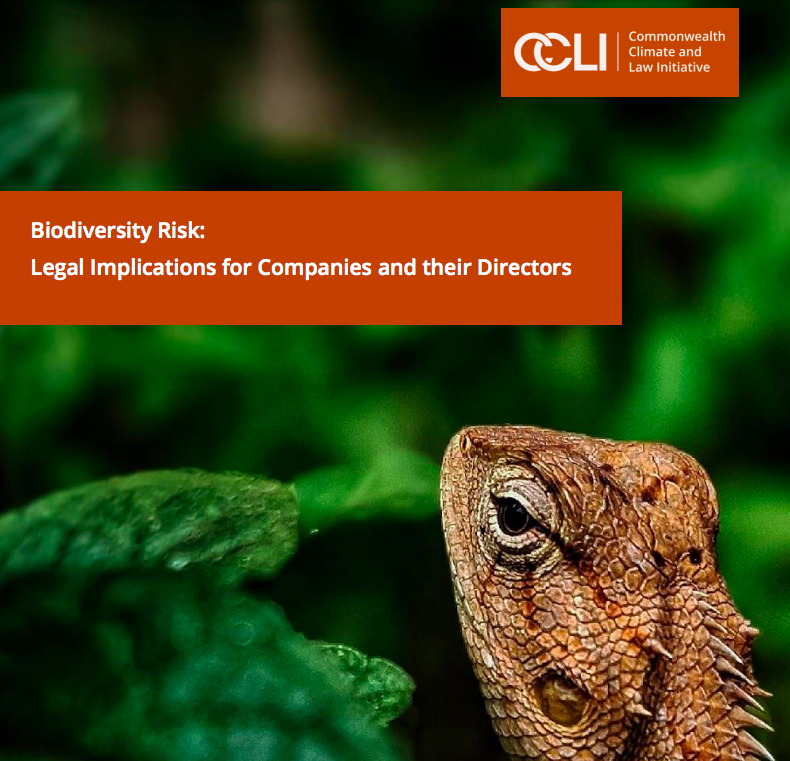Our brand new report authored by Jennifer Ramos and Zaneta Sedilekova ‘Biodiversity Risk: Legal Implications for Companies and their Directors’ explains that in order to discharge their duties and disclosure obligations, directors can ensure that risk management processes assess foreseeable biodiversity dependencies and impacts of the company for materiality and measure those that are material, embedding them into company strategy and disclosure processes.
The risk of biodiversity loss can present foreseeable and material financial risks and opportunities to companies and the wider economic and financial systems.
Many companies have direct or indirect dependencies on biodiversity through the critical value of ecosystem services, often originating through value chains. Companies can also be responsible for significant direct or indirect impacts on biodiversity. Companies’ dependencies and impacts on biodiversity can lead to financial risks and opportunities to improve a company’s business prospects.
The report finds that directors may face the risk of liability for a failure to consider biodiversity risks in governance and disclosure if this breaches the duties of care or loyalty. The standard for directors’ duties is interpreted in light of external context and will depend on the jurisdiction and factual circumstances of the company. This report is generally applicable to jurisdictions worldwide, with illustrative examples of relevant context in the following jurisdictions: Australia, Canada, India, South Africa and the UK.
The rapidly evolving global market, social and regulatory context, including disclosure frameworks, international treaty negotiations, investor expectations, biodiversity litigation and EU legislation, indicates that biodiversity risk has already materialised for some companies and is potentially material to many more. A failure to identify and exploit opportunities presented by the transition to a nature-positive economy is a potential cost to a company that competent directors may not want to ignore.
To find out why this is relevant to your profession, and see the key takeaways click on each profession below:

